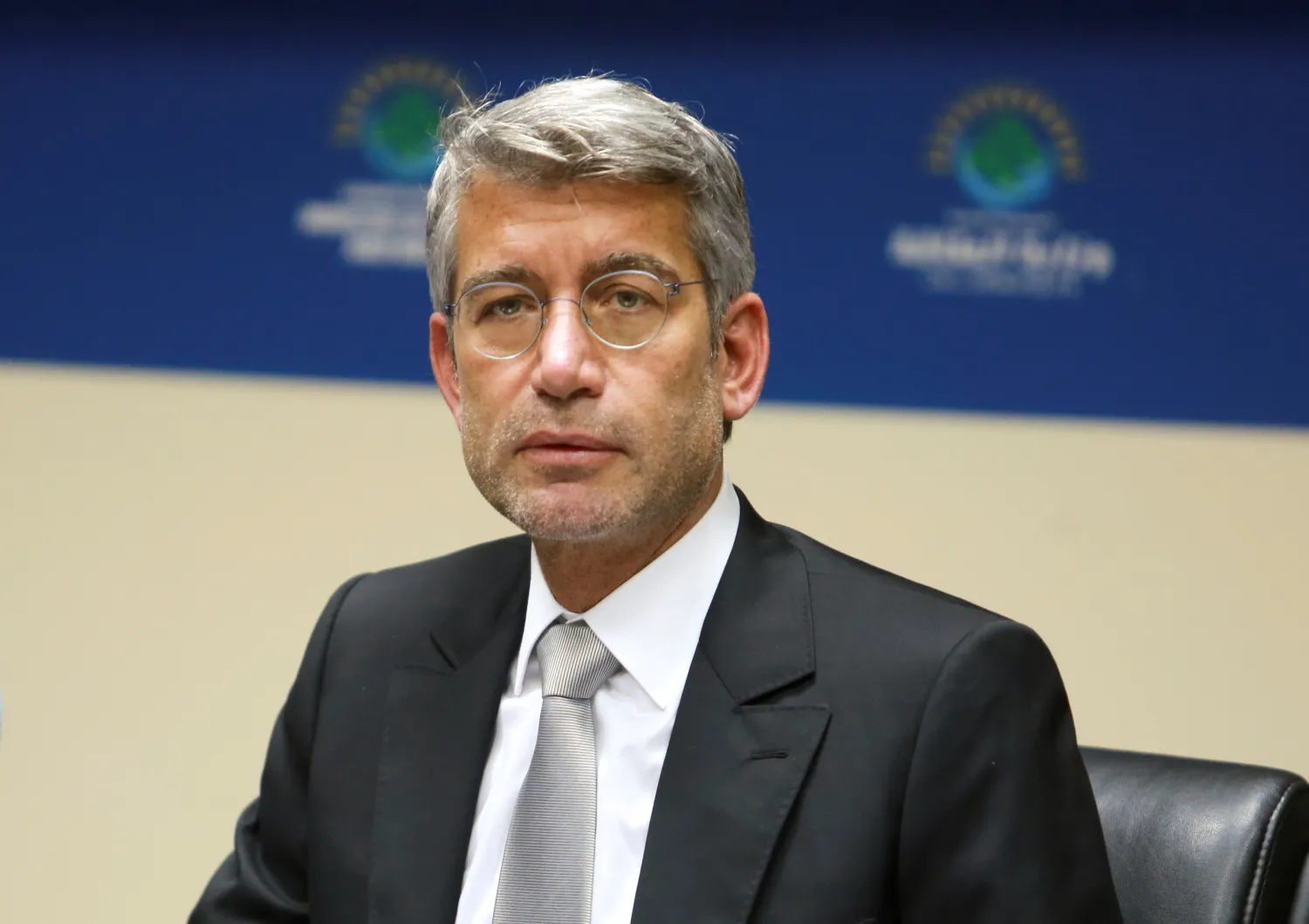Lebanon has agreed deals to secure more fuel supplies from Iraq, the two countries said on Tuesday, as Beirut battles to produce more power to help it emerge from years of economic crisis.
Baghdad has agreed to increase the volume of heavy fuel oil supplied under an existing deal by 50% to 1.5 million metric tons this year, Lebanon's energy minister Walid Fayad said in a statement confirmed by the Iraqi prime minister's office.
Iraq has also agreed a commercial deal to provide 2 million metric tons of crude per year to its neighbor, Fayad said. This was also confirmed by Baghdad.
Under the heavy fuel oil deal, first agreed in July 2021, Iraq provides the Lebanese government with the fuel in exchange for services including health care for Iraqi citizens, Reuters said.
Lebanon then swaps the heavy fuel oil for gas oil that it can use at its power stations, which have operated for decades at partial capacity but have almost de facto shut down during a financial crisis that has hit the state's ability to buy fuel.
Fayad said the two million tons of crude under the commercial deal would also be swapped.
That deal includes a deferred payment mechanism for six months from the date of receipt, he said in a statement, "without arranging any financial interests and at a price that takes competitive international prices into account."
Fayad told reporters earlier this month the two deals were part of Lebanon's attempts to improve power provision.









